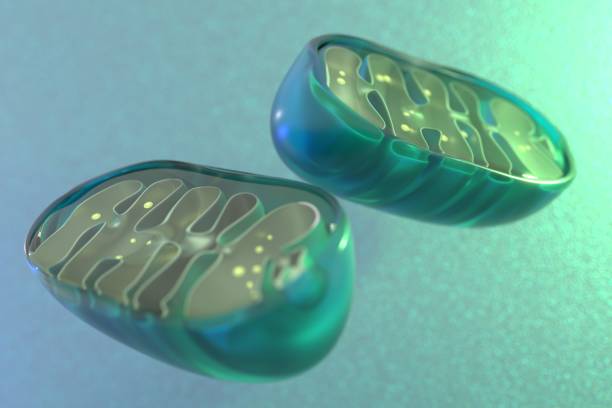News
How does Pyrroloquinoline Quinone Contributes to Mitochondria Function
2023-11-10 14:18:12
Hits:0
Pyrroloquinoline quinone (PQQ) is naturally found in some foods and vegetables. The potential health benefits of PQQ to antioxidant and anti-inflammatory have been studied. What's more, PQQ has been demonstrated to significantly influence the functions of mitochondria, the powerhouse responsible for energy production within cells.Here, we explore how PQQ properties that can contributes to mitochondria function.
To have a better understanding of how it stimulates mitochondria we first need to have a look into what is mitochondria.

Mitochondria
Mitochondria are membrane-bound cell organelles (mitochondrion, singular) that generate most of the chemical energy needed to power the cell's biochemical reactions. Chemical energy produced by the mitochondria is stored in a small molecule called adenosine triphosphate (ATP). Mitochondria contain their own small chromosomes.Generally, mitochondria, and therefore mitochondrial DNA, are inherited only from the mother.[1]
Mitochondria are important because they are the energy production center of your cells, it is also called cellular power plants as their capabilities of converting food nutrients into energy to provide energy for cells throughout the body to operate at their maximum capacity.
PQQ and mitochondrial function
A study conducted on young mice has indicated that dietary PQQ can influence mitochondrial amount and function, particularly in perinatal and weanling mice.[2] Supplementing PQQ is beneficial to your mitochondria, especially for brain function,as there just happen to be a large number of mitochondria in the brain. PQQ stimulates a process called mitochondrial biogenesis, causing the function of existing mitochondria to improve and new mitochondria to form.
[1]https://www.genome.gov/genetics-glossary/Mitochondria
[2]Pyrroloquinoline quinone modulates mitochondrial quantity and function in mice PMID: 16424117 DOI: 10.1093/jn/136.2.390





